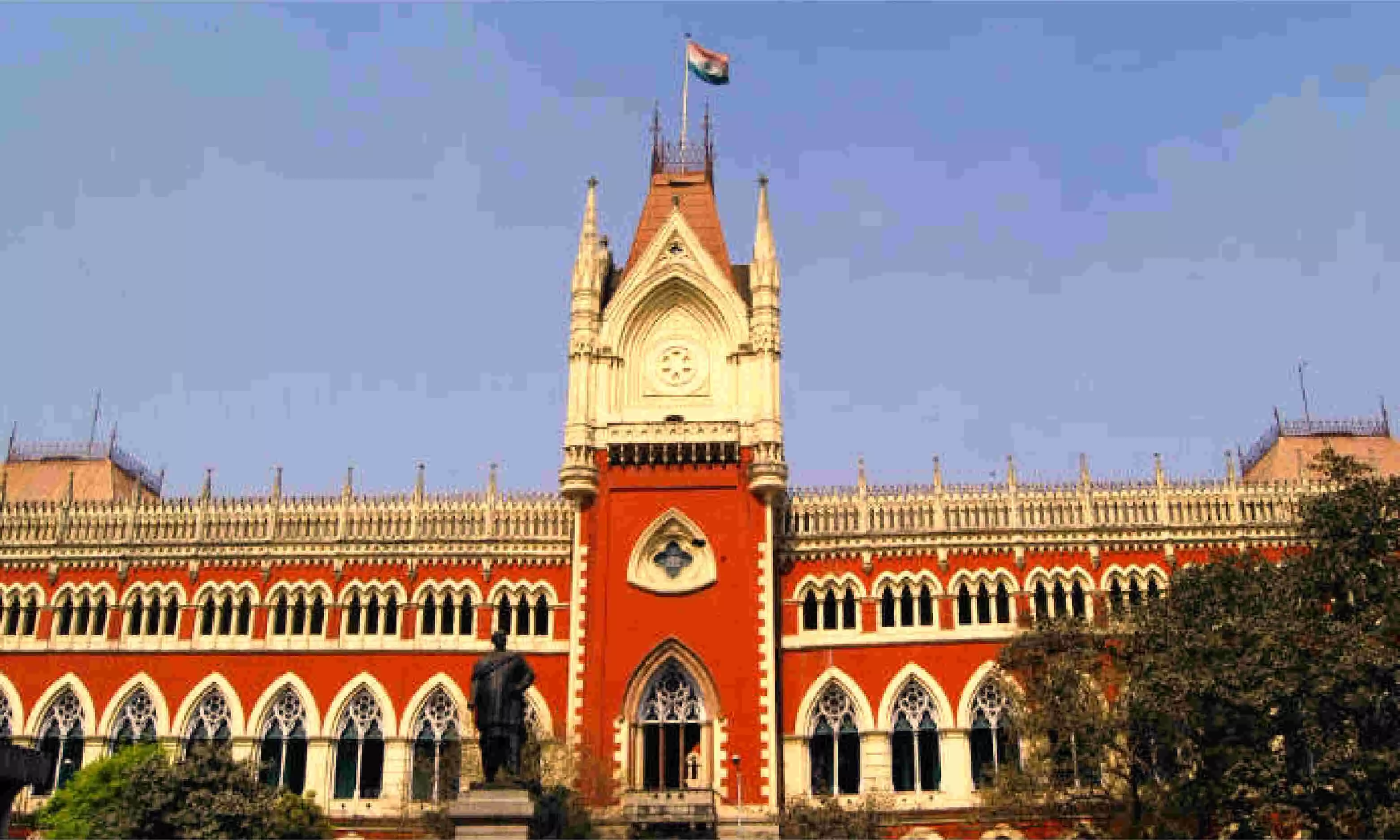
Entire Incident Of Transmission Of Money Happened 10 Days Before Victim's Death: Calcutta HC Upholds Conviction In Dowry Death Case
 |
|The Calcutta High Court in a dowry death case has upheld the conviction of a man on the ground that the entire incident of transmission of money happened ten days before the death of victim.
The Court was deciding a case wherein the appellants were two convicted persons under Sections 498A and 304B of the IPC and the judgment of conviction and order of sentence of the Trial Court was challenged in the appeal.
A Single Bench of Justice Rai Chattopadhyay held, “This Court is not inclined to accept such submission in view of the fact that the alleged contradictions, if at all, may be termed as minor contradictions. The substantive fact of the money being given, as deposed by the witnesses could not have been made to face any cross-examination, raising any doubt as regards the same. The entire incident of transmission of the money as above happened ten days prior to the date of death of both the victims.”
The Bench noted that the substantive and direct piece of evidence of the witnesses has been barely challenged in the trial.
Advocate Apalak Basu represented the appellants while Advocate Pravas Bhattacharyya represented the State.
Brief Facts -
Simultaneous death of the victim and her minor daughter was the reason for the de facto complainant to set the criminal justice system in motion to seek redressal. The complainant lodged FIR and reported death of the said victims, to have been caused and it was reported that the victim had let her minor daughter to consume poison and also consumed the same herself. That had caused death of both the victims and the death occurred at victim’s matrimonial house.
The informant alleged that the victim was subjected to severe physical and mental harassment by the appellants and the other accused persons, exonerated in the trial. The appellant/accused no. 1 was the husband of the victim and father of the deceased minor whereas the appellant/accused no. 2 was the brother of accused no. 1. According to the informant, he was made to know about the facts of torture and demand of dowry by all the accused persons including the appellants and an amount of Rs. 10,000/- was collected by him and with the same, the victim was again sent back to her matrimonial home.
The High Court after hearing the arguments of the counsel observed, “It is a settled law that requirements of proof beyond reasonable doubt in a criminal trial does not stand altered even after introduction of Section 498A or 304B of the IPC or 113B in the Indian Evidence Act. Court’s conscience must be satisfied before finding an accused person guilty, when there are no reasonable doubts about the complicity of the accused in respective offences alleged. Thus, to attract the statutory presumption against the present appellants to have committed “dowry death” of the victim, it is incumbent to show that the victim has been subjected by the appellants to cruelty or harassment, soon before her death, for their demand for dowry.”
The Court said that the statement of the accused person recorded under Section 313 of the CrPC, is not a substantive piece of evidence and it can be used only for appreciating the evidence led by the prosecution.
“Regarding the proposition, that on the basis of the similar question put to all the four accused persons, no differential treatment could have been made against the present appellants by convicting them whereas other two accused persons are acquitted, this Court is constrained to find the said argument to be misconceived”, noted the Court.
The Court added that the appellants have not however, challenged the legality or correctness of the manner of recording statements under Section 313 of CrPC and unless it is challenged on the ground of non-compliance of the statutory requirement, there would not have been any other occasion to question that the incriminating circumstances against each of the accused persons were not presented before them individually by the Trial Court.
Accordingly, the High Court dismissed the criminal appeal and upheld the conviction of the appellants.
Cause Title- Nitya Gopal Pal & Anr. v. The State of West Bengal